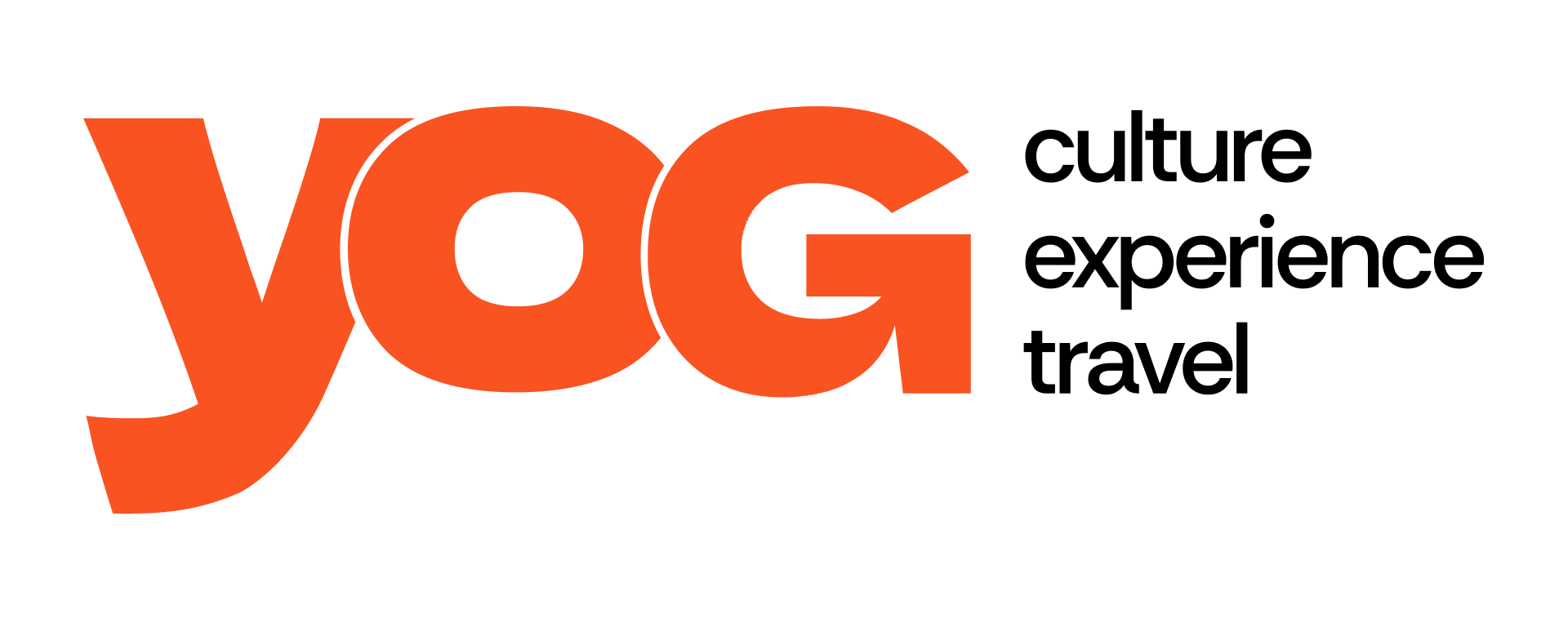These pre-travel tips will help you get the most out what is a life-enriching opportunity. During a gap year, you get to spend time exploring another part of the world (or your own country) before heading to university or the workforce. And you’ll encounter different cultures that will positively impact your personal and professional perspectives.
It’s not an activity that should be entirely improvised. Leave yourself some room for unexpected experiences but you should still establish solid preparatory foundations. These will ensure you have the most positive time abroad.
We’ve put together a list of 4 pre-travel tips for your gap adventure.
1. Arrange Your Passports and Visas
Your first step is to arrange your passports and visas. This may seem obvious, but it’s also an area that too many people taking a gap year overlook. It’s not necessarily that you don’t have any documents, but that they might be insufficient for your needs.
For instance, most countries require you to have at least between 3 and 6 months of validity remaining on your passport. This means it’s important to check the current date of expiry on your document. Give yourself enough time to order a new passport if necessary.
From a visa perspective, you’ll need to go beyond simply applying for a long-term tourist visa. You also need to make certain you’ve applied for the correct visa for your trip and that you do so in a timely manner. If you’re planning on working during your travels, even as a digital nomad, you must check which visa is appropriate. The last thing you want is for your travel to be disrupted due to your inability to legally work.
2. Consider Your Health
One of the most common disruptions to travel is poor health. Before you head off on your adventure, it’s important to make certain you have the right resources at your disposal. If you take regular medication, check their availability at your destination to ensure you stay healthy while abroad.
You should also consider how your gap year activities may impact your wellness. If you’re intending to do extreme sports or spend time in difficult environments, you may find you face certain health hurdles. Perform a check-up with your doctor and get their advice on your intended activities and potential solutions. They can also advise you on any vaccinations you’ll need.
Alongside your physical wellness, it’s important to perform a mental health check. Many people have found their experiences with anxiety have developed in recent years. You should gain a better understanding of any additional conditions or triggers you are now living with. Importantly, this helps you to identify coping mechanisms that can help you while abroad.
3. Prepare Your Home
Taking a gap year means you’re going to be spending a significant amount of time outside the country or away from your home town. It may be the case that you’re still residing with your parents. In this instance, talk about arrangements to forward any important mail or messages. After all, you may still receive communications from your bank, the government, or universities while you’re away. If you’re happy with family members opening your mail, this can often be the most efficient approach. This also allows them to take photos of any letters and email them to you. Of course, many institutions will communicate electronically so just make sure they have the correct details for you.
For renters, people may take the route of ending their contract before leaving. However, this isn’t always practical or preferable. They may sub-let need but taking steps to safeguard your home in your absence is probably more likely.
Preparing your home for extended travel helps to minimize negative issues while you’re away. If you live alone, take solid security precautions, such as making certain all doors and windows are locked. It’s also important to shut off water and electricity to minimize wastage. If you have housemates or a neighbour in the same apartment, it’s important to discuss protecting your part of the property. Arrange for them to check on your space regularly to ensure there are no issues with your room or signs of attempted entry.
4. Confirm Your Finances
Even if you’re staying in cheap accommodation and subsisting on instant noodles, actual gap year costs may not match your original budget. It is, therefore, vital to ensure that you prepare your finances well in advance of departing and build in margins for error. This not only confirms you have a realistic budget but can also reduce the stress you experience should things not go quite as planned.
You may be fortunate enough to have savings that can last you the year. If you’re planning on working while you’re away, double-check these arrangements and reiterate your wage rates. Importantly, review potential contingency employment options in the event that your first option falls through.
A credit card or pre payment card can be helpful tools. Use both mindfully. Pay installments on time and keep a track of your balance as well as upcoming spending commitments. That said, it is also vital to check what foreign transaction (FX) fees your bank or card provider charges. Some cards are subject to both a network (or currency conversion) fee and an issuing bank fee. Checking this in advance allows you to look around for a better deal if necessary.
Conclusion
The better prep you do prior to taking your gap year, the more positive your adventure tends to be. Here’s a reminder of our 4 pre-travel tips. Take the time to double-check your passport and visa needs for your destinations. Arrange for mental and physical health checks alongside sufficient essential medications. Make preparations to keep your home safe and to have access to important mail. Your finances are key to your continued travel, so create a budget, confirm your employment, and check for credit card fees. It takes a little extra time to perform these assessments, but they can give you greater independence and peace of mind while you’re on your adventure.


